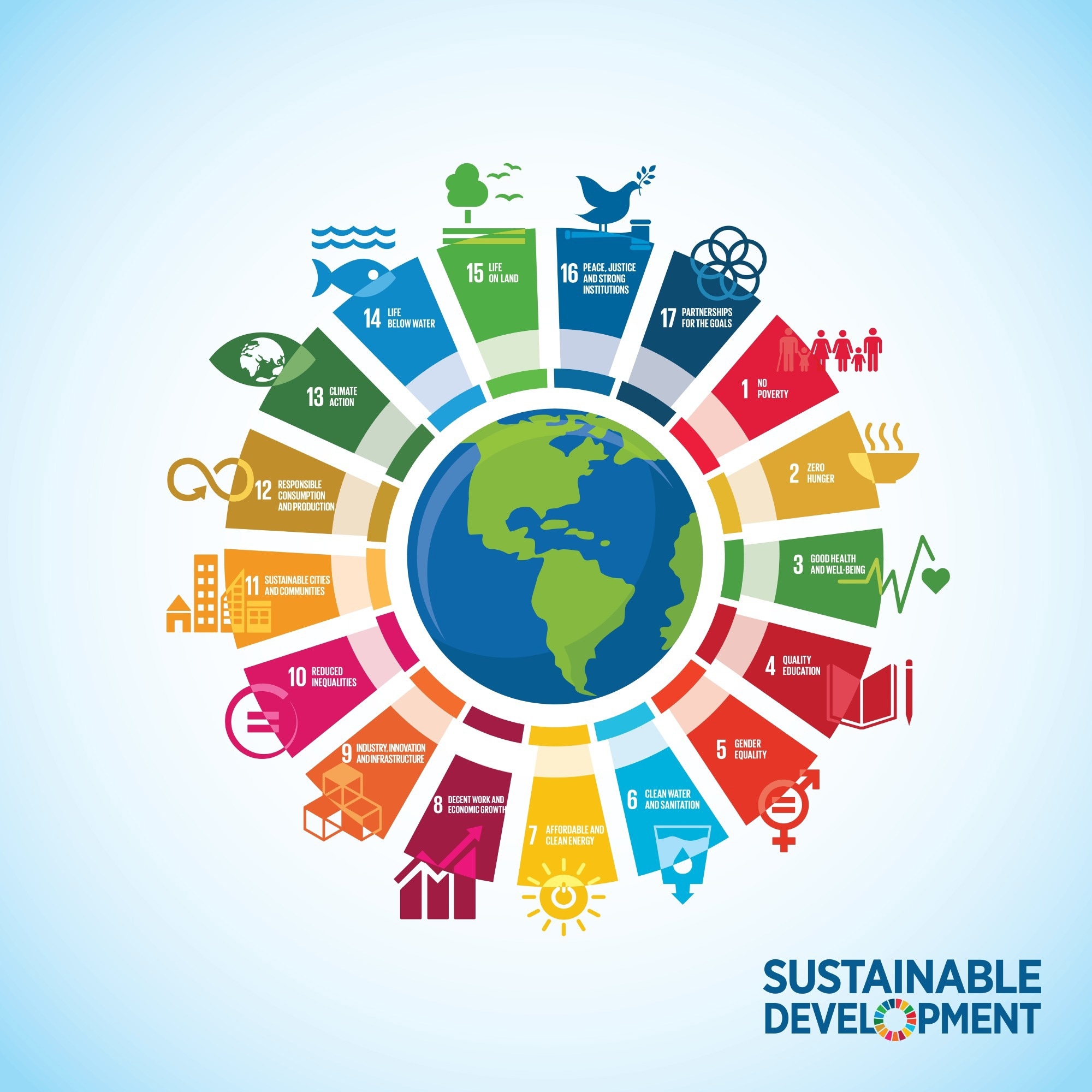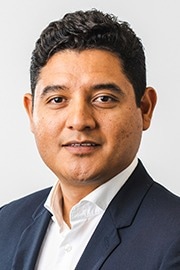As part of our SLAS Europe 2022 coverage, we speak to Héctor Martínez, CTO of BICO, about the technology and services they offer within life sciences research and how they are using science to reduce organ shortages and further human health.
Please can you introduce yourself and tell us what inspired your career into the life sciences?
I am Héctor Martínez, CTO and co-founder of BICO. My background is in engineering. I love engineering, and I came into the field many, many years ago. I came into the biomed field about 12 years ago and fell in love with the opportunities and possibilities. My co-founder, Erik Gatenholm, and I founded BICO together six years ago.
Advances in the Speed of Drug Development with BICO
Advances in the Speed of Drug Development with BICO from AZoNetwork on Vimeo.
You are currently the CTO of BICO, a company consisting of 14 subsidiaries covering various areas of life sciences. Can you tell us more about why BICO was founded and what some of your core values are?
BICO was founded with the vision of reducing the organ shortage period. We saw that we could make a contribution in that field. We are very committed to that vision. We are also very much committed to reducing or speeding up drug development. Right now, the cycles of developing a drug are simply too long. We believe we can make a difference, and we are passionate about contributing to that.
This is something that will be done in our lifetimes, which is the kind of goal or mission I want to be part of: I want to dedicate my life to something bigger than myself.

Image Credit: Frogella/Shutterstock.com
At BICO, you also focus on combining multiple areas of science such as artificial intelligence (AI) and genomics to further human health. How important is taking a multidisciplinary approach to research? What advantages does this have?
It has been at the core of what we do. Throughout BICO, if you look at every single one of the companies we have, it is all a combination of physics and biology. It is either a combination of artificial intelligence with biology or a combination of material sciences with biology. Using technology or engineering robotics for an application in biology is another way in which fields can be combined.
Though, of course, each field is very exciting in itself, we choose to combine the two because we know that there is a lot of space that is open to innovation. As a company with close to 1300 colleagues, we know we can make a great impact by focusing on those intersections.
We love working at the intersections, and particularly the intersection where biology meets technology is a dynamic and exciting area to be in.
CELLINK, a BICO company launched in 2016, is responsible for creating the world's first universal bioink. How did you create this bioink, and how did its creation lead to breakthroughs in various research areas, including drug development and tissue engineering?
That is a very exciting story, as that was our first product. When Erik and I started the company, we had this vision of reducing the organ shortage, and we thought that bioprinting was a great tool and the technology could be used for that.
In 2016, when we launched this product to the market, it was a bio-ink that allowed scientists to bring human tissues into organs. That was a creation that came from my Ph.D. in Gutenberg, Sweden, at the Chalmers University of Technology: I worked closely with my professor on that technology, and it essentially became our first product. Erik and I commercialized the product and brought it to market, where this whole picture started to emerge.
BICO welcomes Biosero
With over 14 subsidiaries, you work in a variety of life sciences fields and have many products. Despite your vast portfolio of companies, what else makes BICO unique?
I think what makes BICO unique is primarily the people that we have managed to attract. We are all very passionate about what we do. Of course, though there may be many companies that can say that, we are of the opinion that when you look at what we as colleagues have achieved in such a short time, it is unique and quite remarkable.
We like to move fast. I think that is one of the unique features of BICO: when we see an opportunity, we go for it full-heartedly, and we get the job done.
Despite increased attention in recent years, further highlighted by the COVID-19 pandemic, the drug development sector still faces great hurdles in accelerating research into new therapeutics. What do you believe to be some of the biggest challenges the drug discovery sector faces, and how are BICO trying to overcome these?
There are many challenges involved. Of course, it is hard to get into the details, but one of the bigger challenges is the task of bringing more automation - specifically integrated automation - into processes where there are a lot of studies happening in the labs.
This is where we believe we can make a significant contribution. A second point is combining the automation, digitalizing the lab, and miniaturizing the experiments to accomplish more experiments with fewer resources. There are a few areas where we want to work closely with our colleagues in the pharmaceutical field to advance drug development. I would say that automation, digitalization, and miniaturization are the fields in which we can best contribute and where we believe there is a great need.

Image Credit: GarryKillian/Shutterstock.com
As an international company with offices in both the US and Europe, how important of a role do you believe Europe plays within the acceleration of the life sciences industry?
Simply put, the role of Europe is huge. For instance, if you look at the technology stemming from Europe, there are some incredible and even beautiful technologies available on the market today because there is a great deal of funding that reaches those universities. There is a lot of interest in working with the latest and greatest.
All these combined means that you have a great deal of research happening, making its way to new companies, and then those technologies eventually reach the industry. I strongly believe that Europe is doing an excellent job in increasing the number of innovations brought forward.
Europe is also doing an excellent job promoting the startups that are making a difference. We are very thankful that we have been awarded a few European grants, which have resulted in a number of products that are available on the market today. Whether it is a product or a service, we have been able to transform European funding and turn that into a product, which is phenomenal. Our organization and those who benefit from our products are very grateful – to the institutions who granted us the funding and to the European taxpayer, without whom this important work could not take place.
Throughout Europe, many countries are leading in life sciences. The UK, for instance, has an impressive record in terms of what they have been able to do in the life sciences. Small cities like Cambridge have generated amazing technologies from such a small hub, and there are many more throughout Europe. Particularly for us as an international company, we have access to many extremely talented individuals.
What advice would you give to someone looking to start a company within the life sciences but is unsure of where to start? How important is finding a unique space in a market when competing against well-established companies and organizations?
There is no one piece of advice, but as Erik often says: "You don't have to be great to start, but you have to start to be great." I think, in a word, it is essential to be daring. There are a lot of innovations stemming from academia that are needed in the industry. To put it another way, I encourage innovators and entrepreneurs to believe in their ideas.
Another big focus for BICO is concerning sustainability, with you being an official signatory of the UN Global Compact Sustainability Development Goals (SDGs) and the Ten Principles of the United Nations Global Compact. How important is sustainability to BICO, and how does your sustainability agenda launched in 2021 help achieve the SDGs?
Sustainability is essential. We are all part of a bigger picture. That is the framework in which we want to operate. We believe there is a lot of innovation and a lot of space for innovating new technologies and finding new ways of doing things that are returning to the ethos of doing more with less. This concept can be a guiding force: we can have an impact on reducing the number of plastics used, reducing the number of chemicals used, and still achieving great results. That is how we look at our work; in the bigger scheme of things, there must be harmony among people, products, and the planet.

Image Credit: MintArt/Shutterstock.com
BICO's subsidiaries have various technologies available within life sciences, with over 25,000 currently being used in research worldwide. How has technology advanced life sciences research over the last decade, and how vital will technology be in continuing innovation in the field? Are there any particular areas you are excited to see evolve?
Over the last decade, life sciences has evolved rapidly and vastly in areas where we have seen a great shift. Especially in biology stem, cell research, cancer research, and overall drug development, there have been dramatic shifts and a great deal of progress. We have seen a shift from utilizing 2D cell culture models into 3D cell culture models, which is quite a significant development.
We are proud to be at the cutting edge of our field, providing the technologies that will take our customers in pharma or academia from finally transitioning from 2D cell cultures to 3D cell cultures. There are multiple technologies we can offer to help them in that transition. As one example, I can see pharma using multiple tissues connected in microfluidic devices or organ-on-chip systems where a complete clinical trial can be performed on a dish. I am very, very excited about that.
Another thing is accelerating drug development, and the outcome of that is that you have less waste, potentially even replacing animal models completely. Right now, the goal is to reduce as much as possible. We are already doing that: in 2021, we estimated that we saved roughly 95,000 animal lives just in one year by providing these alternative models to animal studies. That is another reason we are so excited about the future and the contribution that we are making toward science and animal welfare.
Simply put, we are ecstatic about the progress we have made – which has been made possible thanks to the great colleagues we have on board. Good people make good products.
What do you believe the future of the life sciences to look like? Are you hopeful that we will see people living better and healthier lives with continued innovation, collaboration, and technologies? What would this mean for global health?
Globally, patients are becoming more and more aware of their health. I also note a shift from reactive healthcare into proactive healthcare, in which many people are taking steps to monitor all stages of their health.
Patients and people can take preventive measures to make sure that we are in control of our health. So all of these technologies we see here at SLAS are pointing in that direction. I believe we are all contributing towards a brighter, healthier future where patients have more control over their health.
Bio Convergence - The future of medicine explained
What's next for BICO? Where can people go to keep up-to-date with your latest news and projects?
Please visit us online at BICO.com. If you want to learn more about some of the exciting work that we are currently doing, please feel free to go to BICO.com/workflows, where we are highlighting some really cool applications which are interesting for industry experts or pharma healthcare nerds like myself.
About Héctor Martínez
From Mexico, to the US to Sweden, Dr. Héctor Martínez has left his mark around the globe. As CTO and Co-Founder of BICO, Héctor has contributed with his passion in combining engineering and biology to drive BICO to where it is today. He received his doctorate in Biomedical Engineering from Chalmers University of Technology and has 12+ years of experience in biomaterials, tissue engineering and 3D bioprinting technologies.
He obtained a B.Sc. in Mechanical Engineering from the University of Texas at Arlington and M.Sc. in Biomedical Engineering from Chalmers University of Technology in Sweden. Héctor’s dream is to translate BICO's technology from early drug discovery to development and manufacturing of medicines, next generation medical devices and cell therapies – to bring better healthcare treatments to patients in need.